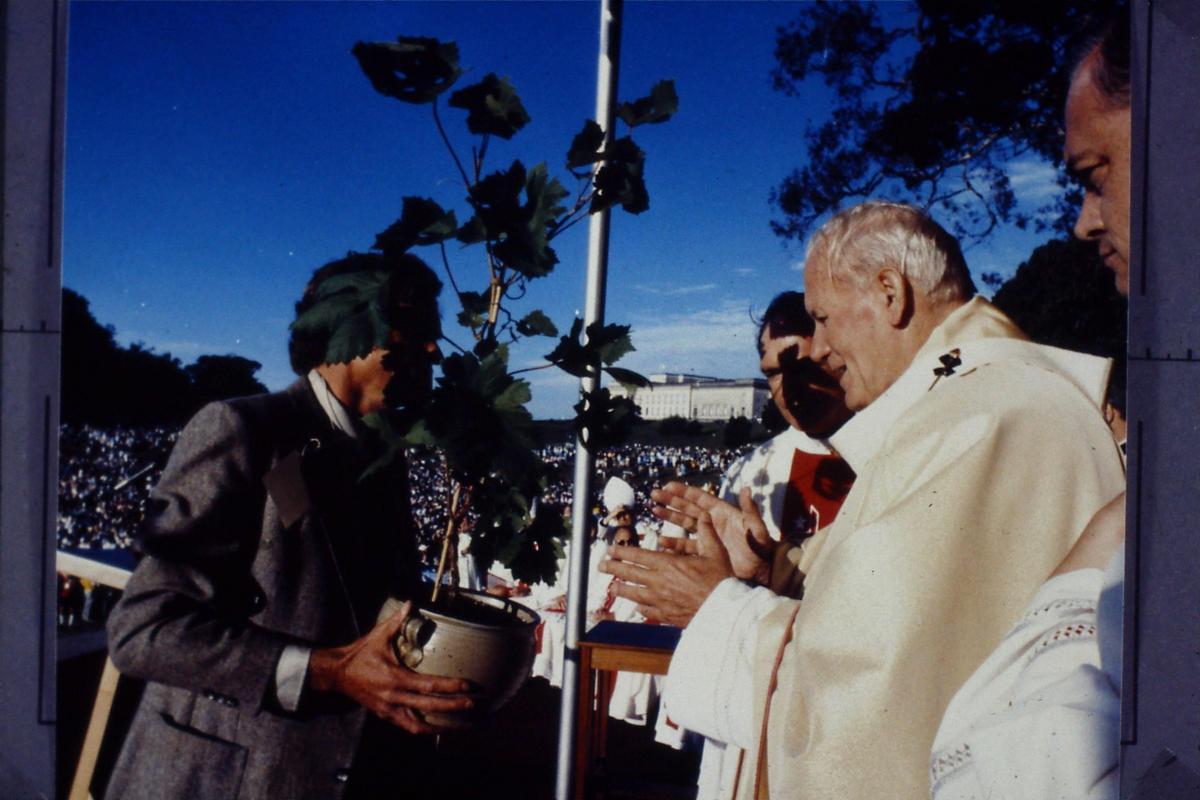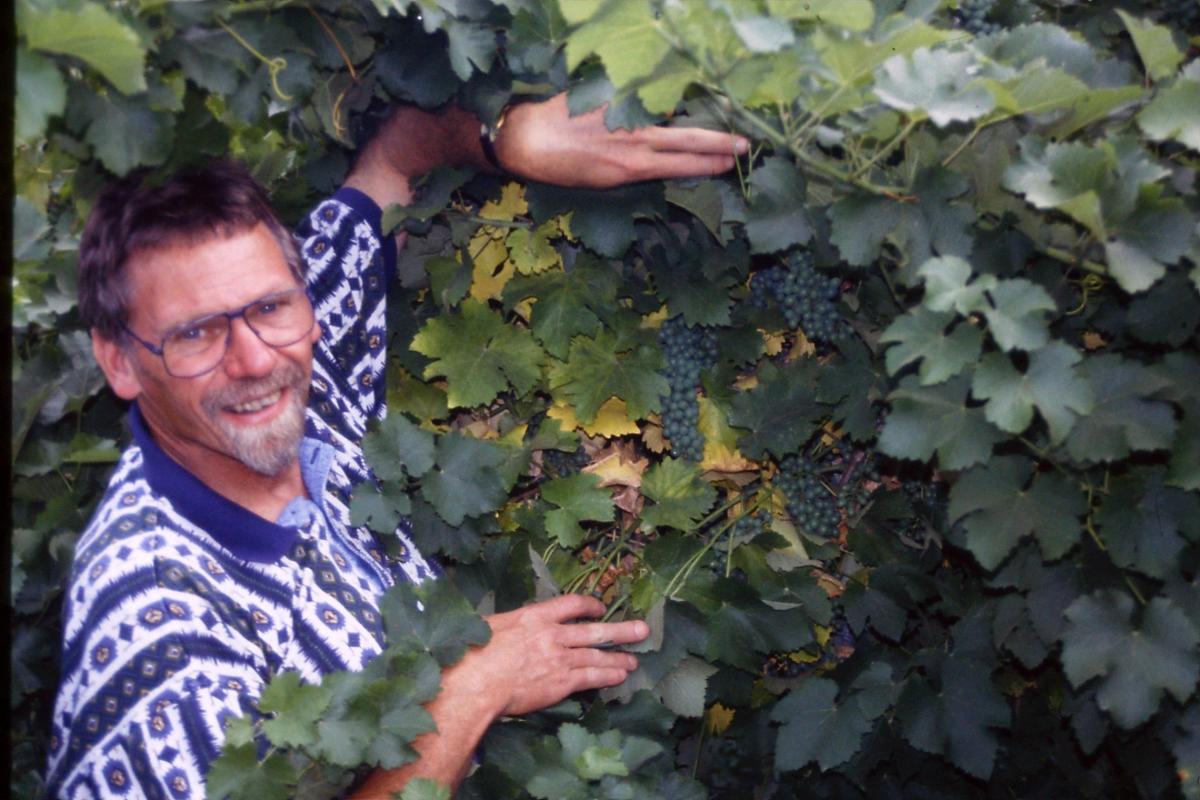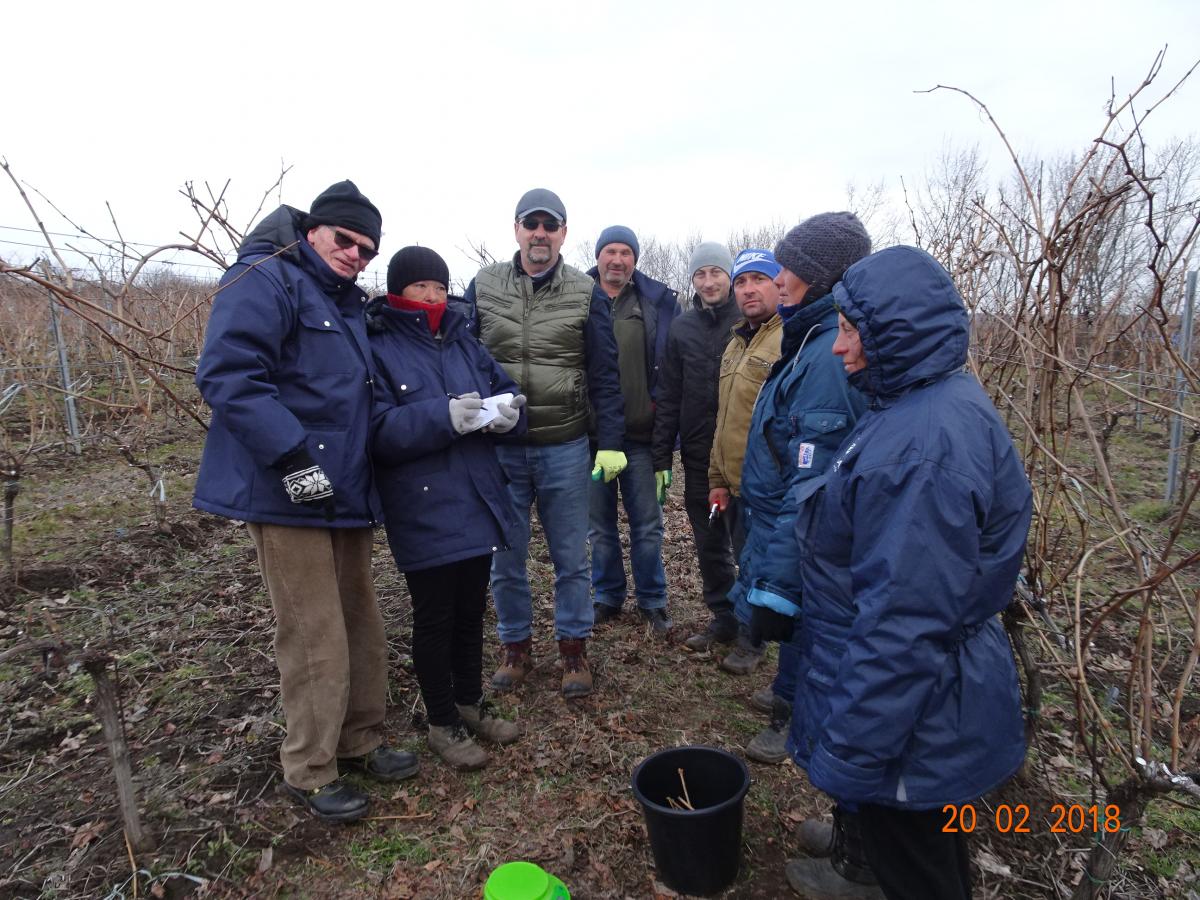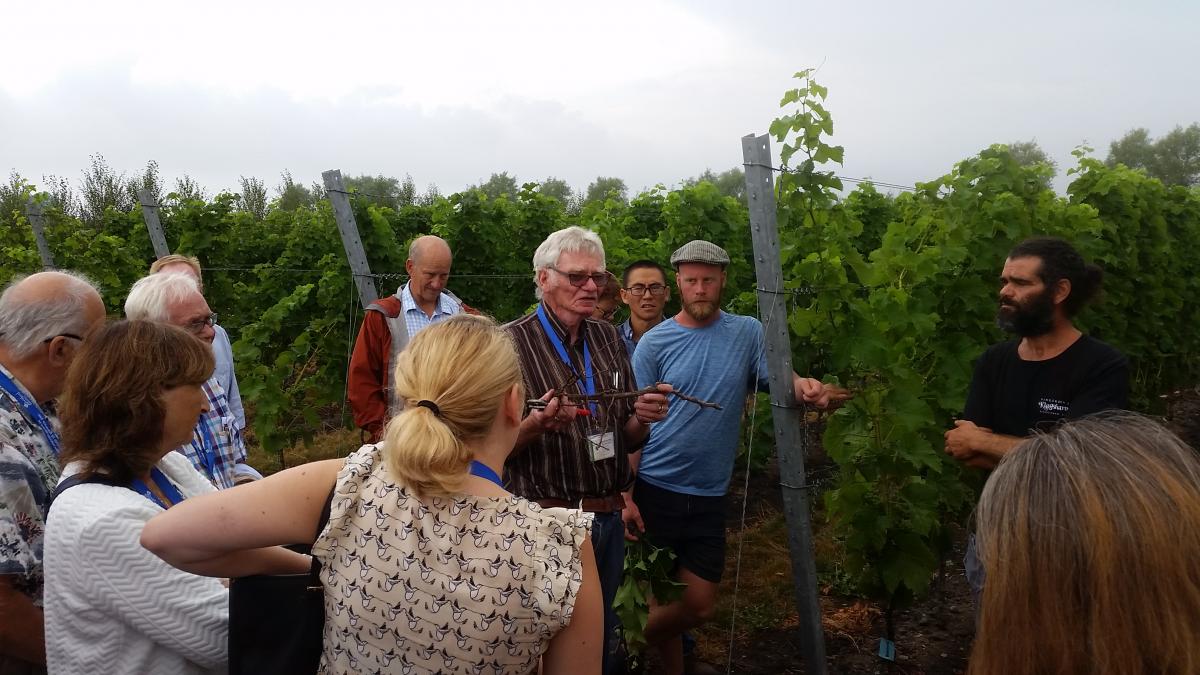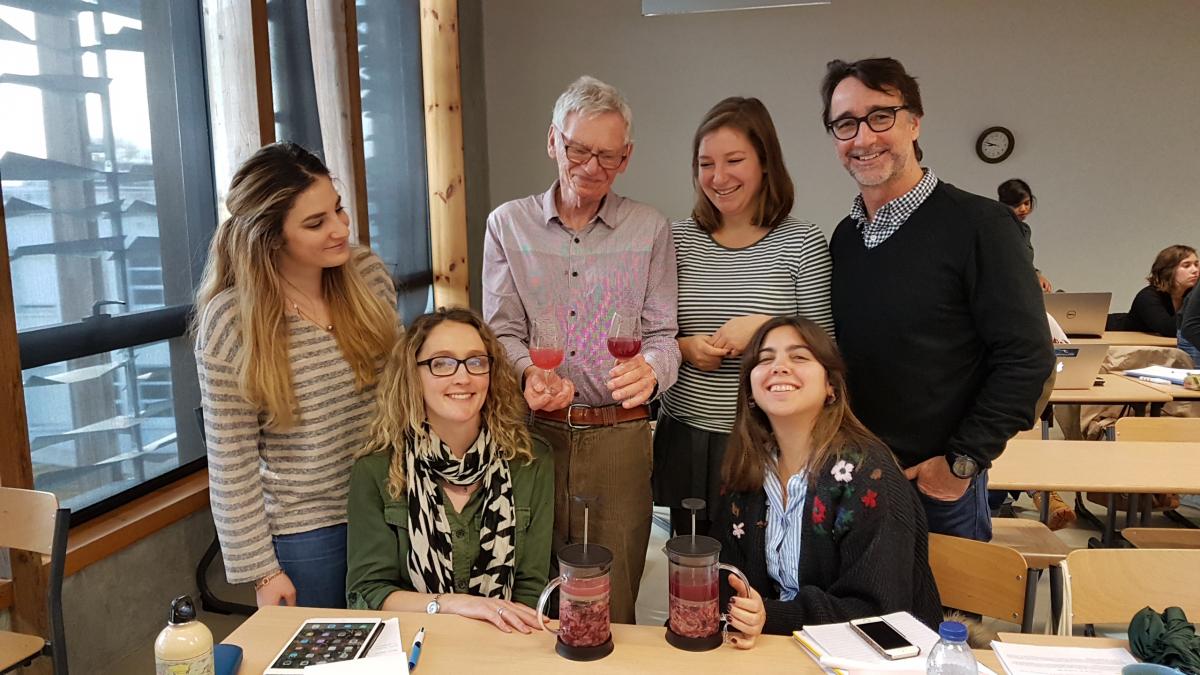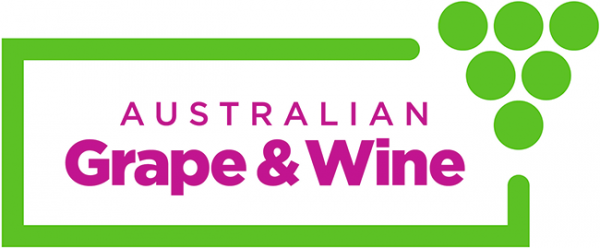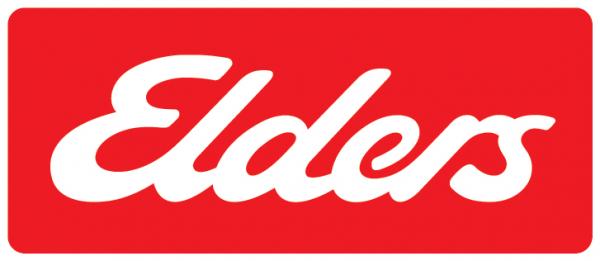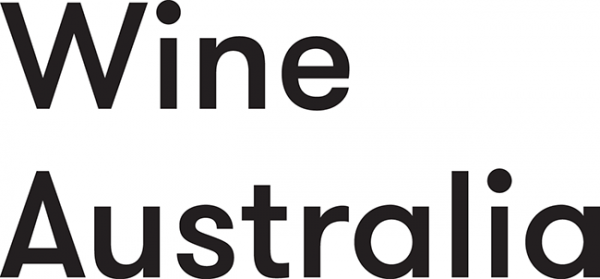| Dr Richard Smart
|
There are few people that have contributed more to the world of viticultural science than Dr Richard Smart. Richard is (in his own words) a semi retired consultant/mentor/researcher/climate change mitigation advocate, and dedicated enemy of grapevine trunk diseases. Richard has been a great advocate for the Australian wine industry and there is no doubt that Richard has had an outstanding career in education, research and service to the Australian wine industry. What attracted you to your current role When I was a 19-year old impending graduate in Agricultural Science at Sydney University, I was asked by my employer NSW Department of Agriculture to choose a career direction. Research or Extension? Pasture agronomy or wine grapes? My choice was influenced by another early mentor the late Graham Gregory, who advised “If you enter the wine business you will meet the most wonderful people, travel a lot and see beautiful places”. How true that was to become, thank you Greg. My current role is as a semi retired consultant/mentor/researcher/climate change mitigation advocate, and dedicated enemy of grapevine trunk diseases. And I am now more interested in oenology, mainly because of my recent experiences in a small scale winery in Tasmania. I was co-author with Dr Angela Sparrow in publishing the "ACE" process, a revolutionary change to red wine fermentation, shown to improve red (and white) wines by skin fragmentation. And I have another idea for a new red wine fermenter... What/ Whom do you look up to the most and why? I have always admired the scientific approach, but not necessarily the accompanying egos and closed minds. My greatest mentor was professor Nelson Shaulis of Cornell University, whom I had the great pleasure to study under. He was I believe one of the great viticulturists of the 20th century, and is regarded as the father of canopy management, for the way he understood the implications of shade on grapevine yield. For all of that he was very humble, yet very exacting in his use of terminology. It was Shaulis who first used the term "canopy" in viticulture. Another Cornell Professor whom I much admired was Ed Lemon, the distinguished climatologist. It was Ed who first taught me, in around 1972, about the implications of atmospheric CO2 on potential air temperatures, now called climate warming. Outside of your work, tell us some interesting facts about yourself I once presented a grapevine to Pope John Paul II. It was in Auckland, in around 1978. The vine was one brought to the Pacific Islands by the first French Missionaries to the region. As it eventuated, it was not a French vine, but one that had been brought to South America by the Spanish Conquistadores. I had collected it as part of my research into potential virus free vines from the pre-phylloxera era. Consulting and speaking invitations have led to my visiting over 30 countries, and many of the world’s wine regions. During my fifty two-year career I have written much about grapes and wine, most of it scientific and technical, and mostly in Australian industry trade journals. I am grateful that my book “Sunlight into Wine” is regarded as the international reference work for canopy management and has won an OIV prize : it is dedicated to Nelson Shaulis, my Professor at Cornell. My contributions as Viticulture Editor to four volumes of the Oxford Companion to Wine by Jancis Robinson have also given much satisfaction, it is described as the “Worlds greatest wine book in the English language”. What is the best piece of career advice you've been given? Shaulis told me to always be observant in vineyards. He said that growers inadvertently do experiments from which you can learn a lot. What advice or recommendation do you have for students interested in a career in wine science? Be observant, and listen. Much of the practical advice in grapes and wine is based on mythology, perhaps half. But I will not tell you which half. Why would you recommend ASVO to your colleagues? As a young scientist I was fortunate to have contact with the American Society of Enology and Viticulture, and its many impacts on the American grape and wine sector. This influenced my career greatly, and I was glad to help bring this idea to Australia, and New Zealand.
| Presenting Pope John Paul with a grapevine originally from one brought to NZ by Catholic missionaries in 1850. |
| Demonstrating shaded canopies and yellow leaves, somewhere in Napa in the 1980s |
| Demonstrating balanced pruning to vineyard overseers in Romania, 2018. |
| Discussing the perils of infected grapevine planting material, Denmark, 2018 |
| Students at the University of Bordeaux International Masters of Wine and Viticulture are shown the outcome of ACE maceration microvinification. |

